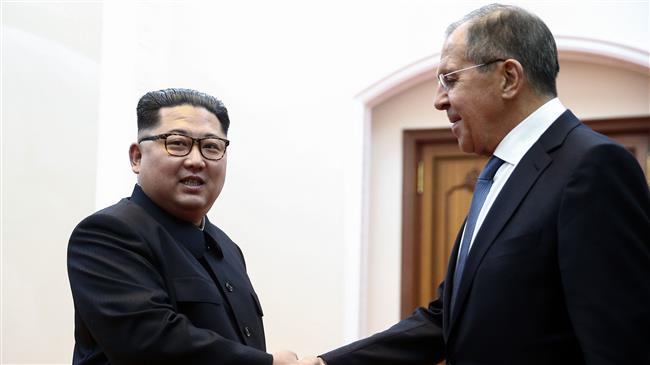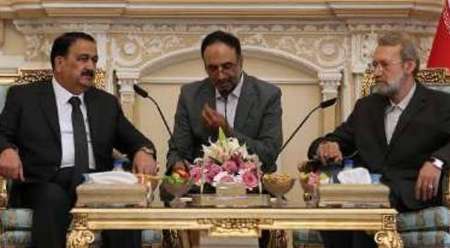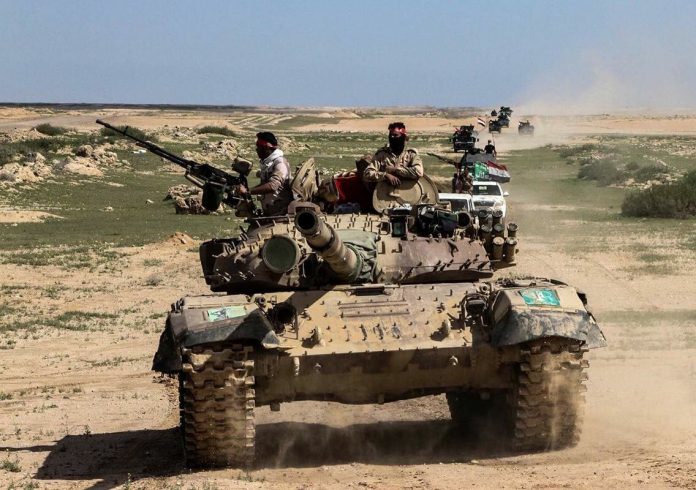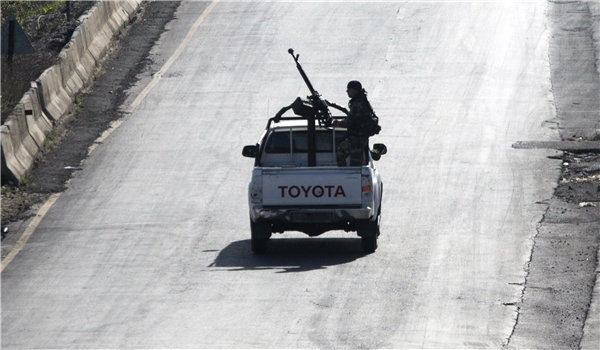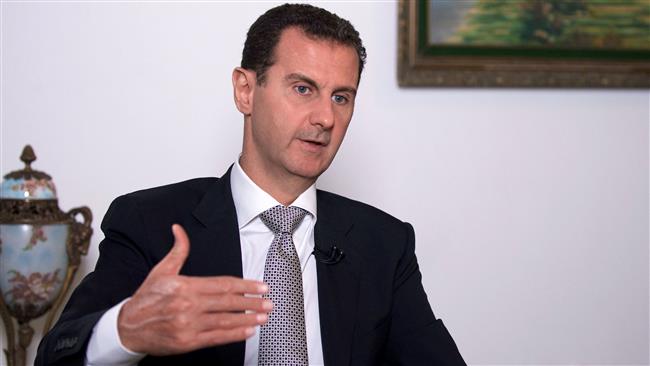Ebrahim Raisi, a pillar against Western hegemony
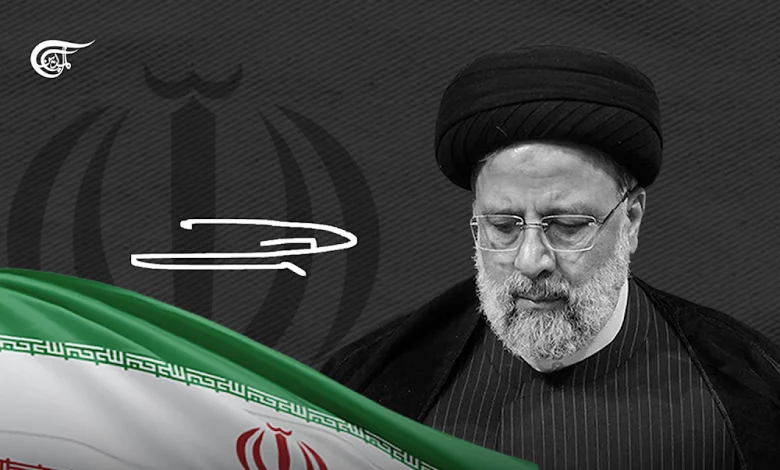
ranian President Ebrahim Raisi alongside Iranian Foreign Minister Hossein Amir-Abdollahian and accompanying officials have passed away in the tragic helicopter crash in Iran’s East Azerbaijan Province, according to an official statement by Iranian state media.
After locating the helicopter carrying the Iranian President and accompanying officials on Monday morning, Iran’s Red Crescent Society (IRCS) issued a preliminary statement noting that there was “no sign of life” found near the wreckage locations.
Raisi’s early life
Born in 1960 in Mashhad, Ebrahim Raisi was raised in a clerical family and received his religious education at a young age. At 15, he commenced his studies at the Qom seminary, learning under esteemed scholars, including Iranian leader Sayyed Ali Khamenei.
Similar to Iranian leader Sayyed Ali Khamenei, Raisi wears a black turban, symbolizing his lineage as a Sayyed, a descendant of Islam’s Prophet Mohammad. He is often cited as a probable successor to Sayyed Khamenei.
Entering the influential seminary in Qom shortly before the 1979 Islamic Revolution, during a period of discontent under Western-backed Mohammad Reza Shah Pahlavi, Raisi is believed to have participated in the events leading up to the Shah’s exile and the establishment of the Islamic Republic under Iranian leader Sayyed Ruhollah Khomeini.
He later attended Shahid Motahari University in Tehran, where he received a PhD in Islamic jurisprudence and law.
Post-revolution, Raisi began his legal career in the prosecutor’s office in Masjed Soleyman, later gaining experience as a prosecutor across various jurisdictions. By 1985, he had risen to the position of deputy prosecutor of Tehran.
In 2019, Raisi became the first Iranian President to face US sanctions for alleged complicity in “serious human rights violations” – charges rejected as null and void by Iranian authorities.
Ascending within Iran’s judiciary after Sayyed Khamenei assumed supreme leadership in 1989, Raisi held successive roles, including prosecutor of Tehran, head of the General Inspection Organization, and deputy chief justice for a decade until 2014.
In 2006, while serving as deputy chief justice, he was elected to the Assembly of Experts from South Khorasan, responsible for selecting Iran’s leader.
Raisi served as Iran’s attorney general until 2016, when Sayyed Khamenei appointed him custodian of Astan-e Quds Razavi, managing the shrine of Imam Reza and affiliated organizations.
In 2017, Raisi ran for the presidency for the first time, emerging as the main contender to former president Hassan Rouhani. Despite losing to Rouhani, Raisi received nearly 16 million votes, representing 38% of the electorate in a high-turnout election.
Following a brief hiatus, Raisi was appointed as chief justice by Sayyed Khamenei in 2019. In 2021, Raisi once again entered the presidential race, this time emerging victorious after a landslide victory in the elections.
Raisi’s tenure marked with resilience amid challenges
Under Raisi’s tenure, his administration resumed indirect negotiations with world powers to restore the 2015 nuclear deal, also known as the Joint Comprehensive Plan of Action (JCPOA), to lift unlawful Western sanctions imposed on Iran after the United States unilaterally withdrew from the deal under President Donald Trump’s administration.
During his time in office, Iran and Saudi Arabia agreed to restore diplomatic relations and reopen missions in respective countries following seven years of strained ties after a series of talks brokered in Beijing under the auspices of Chinese President Xi Jinping. In an exclusive interview for Al Mayadeen, Raisi pointed out that the restoration of ties with Riyadh frustrated Tehran’s enemies, including the Israeli occupation entity, which seeks to foment discord between Islamic countries.
His tenure witnessed Western-backed-and-funded riots and armed insurgencies in Iran, following the death of 22-year-old Mahsa Amini, which, according to Raisi, was exploited by the United States and some European countries to launch further wars on Iran.
In September 2022, Raisi raised a picture of the former commander of the IRGC’s Quds Force, martyr Qassem Soleimani, at the headquarters of the United Nations General Assembly (UNGA) in New York. During his speech at the 77th meeting of the UNGA, Raisi stressed that no matter which US president created the ISIS terrorist organization, Iran, spearheaded by martyr Qassem Soleimani, managed to defeat this project.
Recently, Raisi praised Operation True Promise, which saw the Islamic Revolution Guard Corps (IRGC) launching drones and missiles toward Israeli targets over occupied Palestine in retaliation to the Israeli aggression that targeted the Iranian consulate in the Syrian capital Damascus.
Despite the maximum pressure campaign imposed by the administration of former US President Donald Trump and pursued by his successor President Joe Biden, the Islamic Republic continued – under Raisi’s tenure – its steady and remarkable growth, and has deepened and developed its international and regional relations in areas such as trade, security, and cultural exchange.
Raisi’s administration worked to expand its international trade partnerships, particularly with countries in Asia, Africa, and Latin America. Trade agreements and economic cooperation initiatives have been pursued to diversify the country’s economic relationships.
In the same year, Iran became a permanent member of the Shanghai Cooperation Organization (SCO), starting a new stage of cooperation with members of the Eurasian organization.
In 2023, the BRICS organization, uniting the world’s largest developing economies and challenging the traditional hegemony of Western powers in global affairs, welcomed Iran among its members.
Militarily, Iran has made several significant military advancements and strategic moves aimed at enhancing its defense capabilities under President Raisi’s tenure. In recent years, the country has made strides in drone technology, achieving 100% self-sufficiency in the field of Unmanned Aerial Vehicles (UAVs) and exporting drones to several nations. In addition, Iran witnessed significant achievements in its missile program and naval capabilities and has sought to deepen military cooperation with major powers like Russia and China.
In April 2024, President Raisi expressed, once again, that the liberation of Palestine and occupied al-Quds is the top priority of the Islamic Republic of Iran and reiterated his country’s support for “the Resistance movement in the region and in all Islamic countries that are defending their homeland.”
With Raisi’s unfortunate death, Iran, the Axis of Resistance, and the world have lost a visionary, goal-oriented leader, a staunch supporter of the rightful Palestinian cause, and one of the main pillars of the battle against Western arrogance and hegemony.
